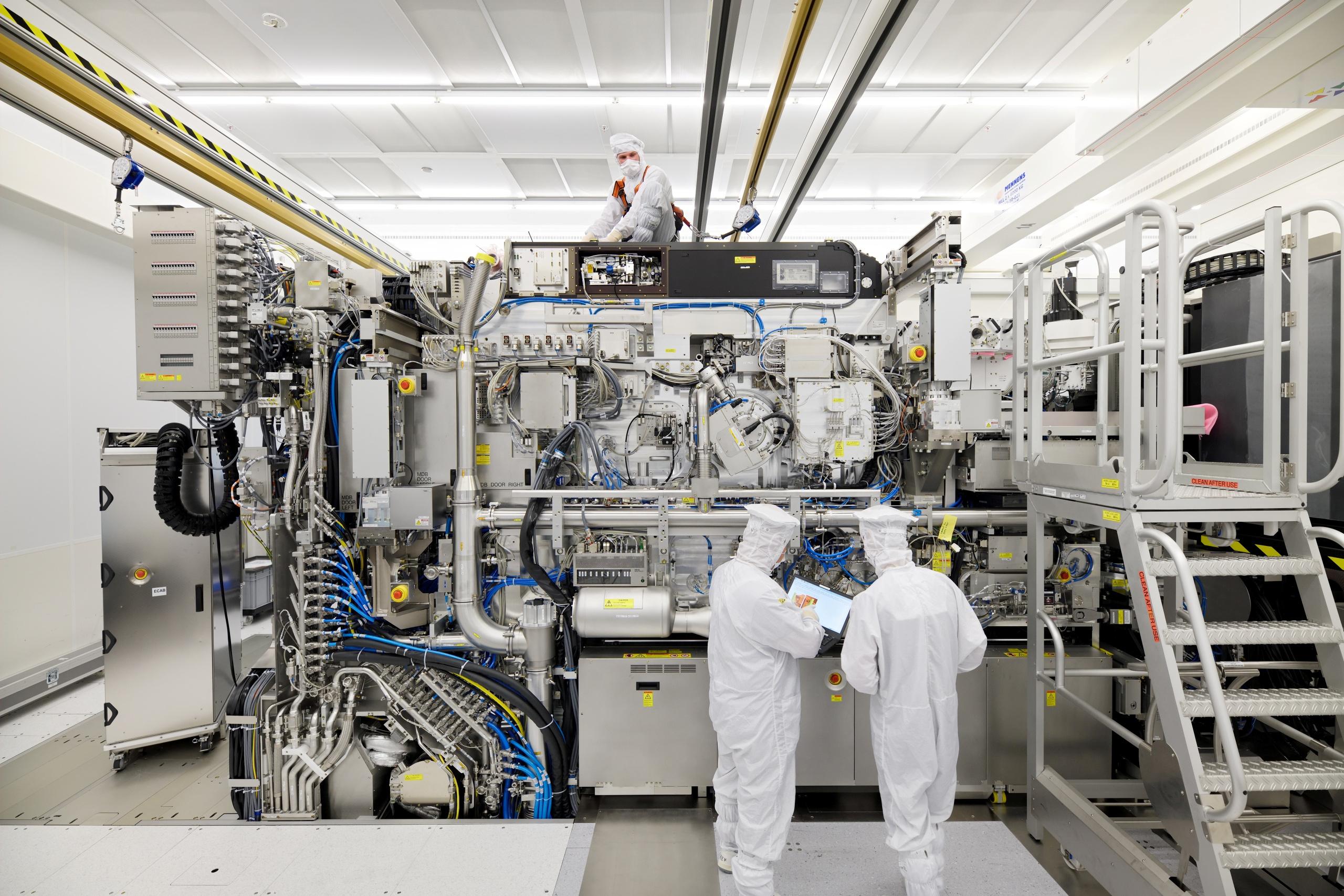The Dutch government is willing to spend billions of euros to ensure its largest company, the chip equipment maker ASML Holding, remains in the Netherlands.
On Thursday the Dutch government announced it would spend 2.5 billion euros ($2.7 billion) “to strengthen business climate for chip industry in Brainport Eindhoven.”
ASML is based in the Eindhoven suburb of Veldhoven, the Netherlands.
The money will be used to improve transport and other infrastructure in the area, and it hopes to convince ASML not to move its operations abroad.

Relocation fears
Reuters reported that ASML had shocked the Dutch government into action this month, after CEO Peter Wennink went public with complaints about domestic policy, including plans to end a tax break for skilled migrants which would make it harder for ASML to hire vital staff.
ASML also reportedly said the Dutch government has failed to invest properly to improve infrastructure in the Eindhoven area, from highways to housing to electrical grid improvements.
The Dutch government has taken note, especially after Shell and Unilever moved their headquarters to London after the Dutch government in 2018 was forced to renege on a promise to scrap a dividend withholding tax.
The Dutch government says the new investment in the region is designed to improve the “business climate for chip industry in the Eindhoven”, but it is clear it is hoping to convince ASML to stay in the country.
ASML is Europe’s largest tech firm and is the biggest supplier of equipment to computer chip makers globally.
Reuters noted that ASML welcomed the government plan, but said it is still in the process of deciding where it will grow in the future.
It added that the government plans would benefit not only tech firms in the Eindhoven region, but the Netherlands as a whole.
Project Beethoven
The Dutch government in its announcement admitted that in the Brainport Eindhoven region, local tech businesses were coming up against limits in terms of personnel, space and energy.
The Dutch central and regional governments have therefore made agreements aimed at addressing these problems, that focus on tackling housing, education, transportation and the electric grid.
“This should safeguard the Netherlands’ position as an attractive business environment for the semiconductor industry and its suppliers,” it stated. “This industry is important for the Netherlands’ earning capacity, and it provides jobs and contributes to our country’s security and autonomy.”
It has dubbed its investment plan for the region as ‘Project Beethoven’, which includes a “substantial package of measures for education, knowledge and spatial infrastructure, amounting to €2.51 billion in total.”
“The measures are intended to strengthen the Dutch chip industry and support the further growth of activities in the Brainport Eindhoven hub,” it stated. “The package includes investment in vocational and professional talent, and in sufficient space, good accessibility and affordable housing in the Brainport Eindhoven area.”
It noted that Central and regional authorities intend to build nearly 20,000 new homes by the end of 2030, on top of the 45,000 that were already planned as part of the regional housing agreement.
“The government expects that these measures will lead ASML to continue to invest and base its operations in the Netherlands, including for statutory and tax purposes,” said the Dutch government.
“The package of measures was designed based on current growth forecasts and investment plans of the semiconductor industry and Brainport Eindhoven. Any changes in these investment plans will result in an adjustment to the forecasts and the requisite public commitment.”
Dutch trouble?
The move sheds a light onto the lengths some governments will go to, in order to retain strategic companies.
Reuters cited its survey of Dutch blue-chip companies this month that found that more than a dozen were considering moving operations outside the Netherlands.
Many Dutch companies reportedly complained that after populist parties booked major gains in a national election last November, parliament has been pushing through policies without considering the long-term impact.
Talks on a new right-wing government are creeping along, forcing outgoing Prime Minister Mark Rutte’s caretaker government to act.
In addition to anti-immigration measures, companies oppose a new tax on share buybacks, limits on the tax deductibility of investments, and complain policy is too unpredictable, Reuters reported.
Dutch Prime Minister has been on a state visit to China this week, where he discussed a recent incident of cyber espionage, which the Netherlands directly blamed on the Chinese state, during talks with President Xi on Wednesday.




